The tradeoff raises concerns about food security, particularly for the Global South.
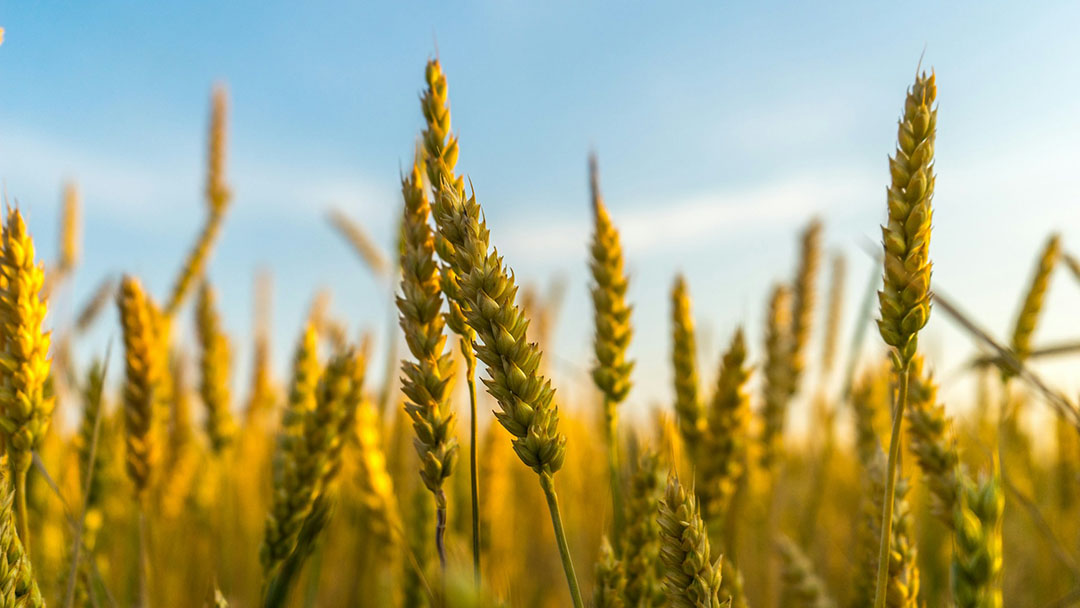


The tradeoff raises concerns about food security, particularly for the Global South.
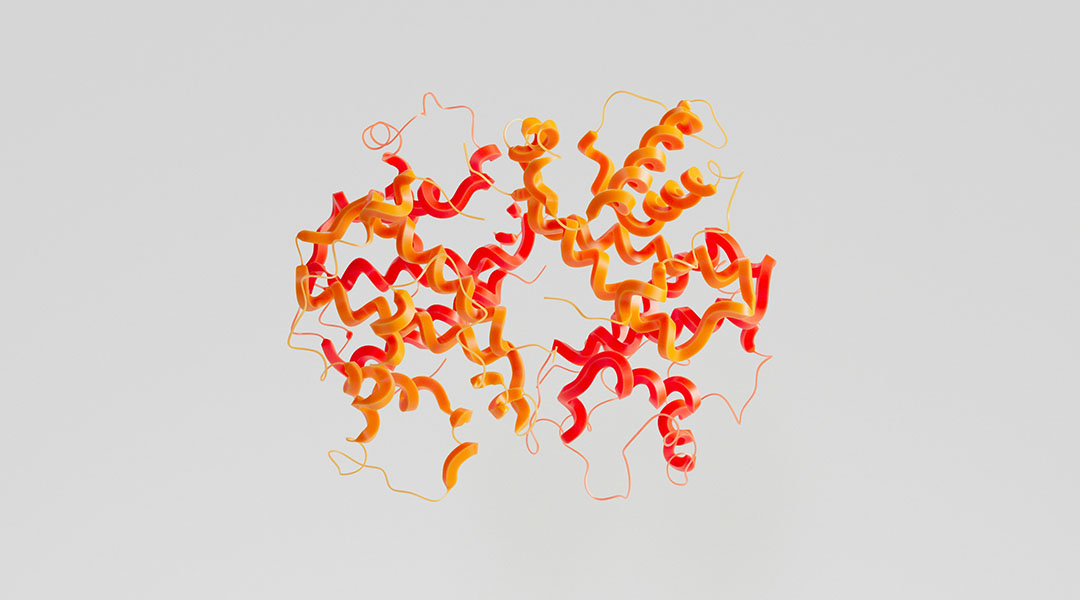
A new study identified the potential pathway responsible for linking high hemoglobin to polycystic ovary syndrome.
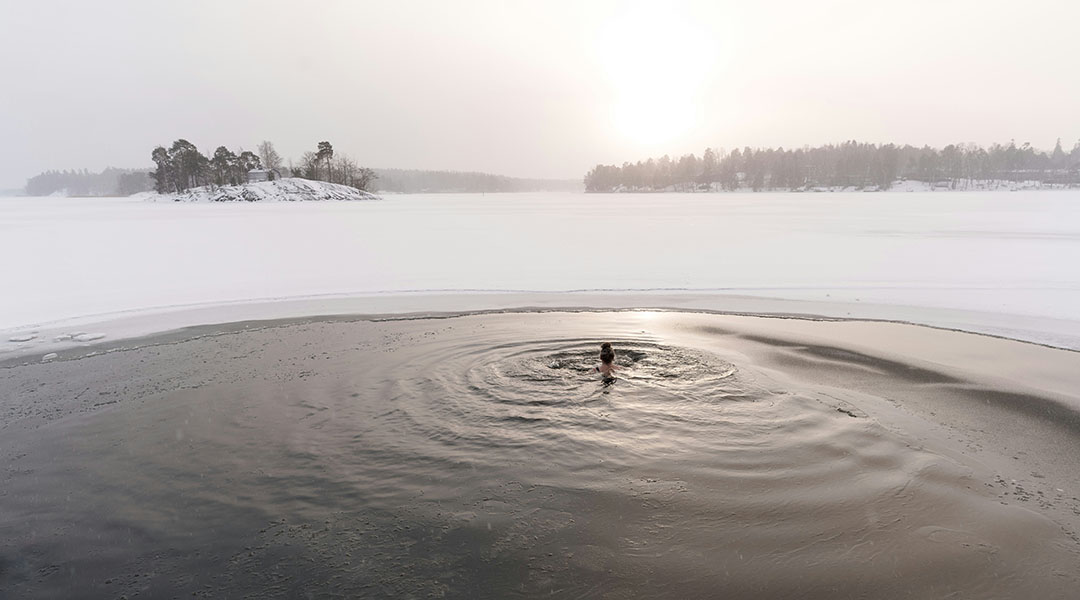
New study reveals how repeated cold-water exposure enhances the cellular defenses, promoting adaptation to extreme temperatures.
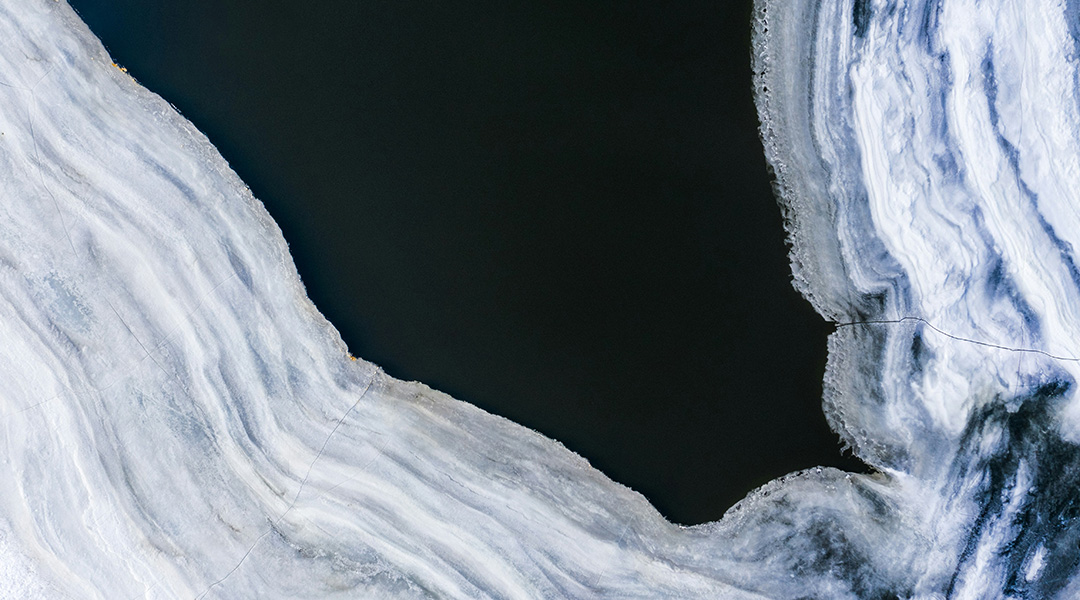
Such rapid changes haven’t been accounted for in model projections, meaning sea level estimates are subject to uncertainty.

People holding political extreme beliefs on either end of the spectrum were more likely to indulge in this behavior.
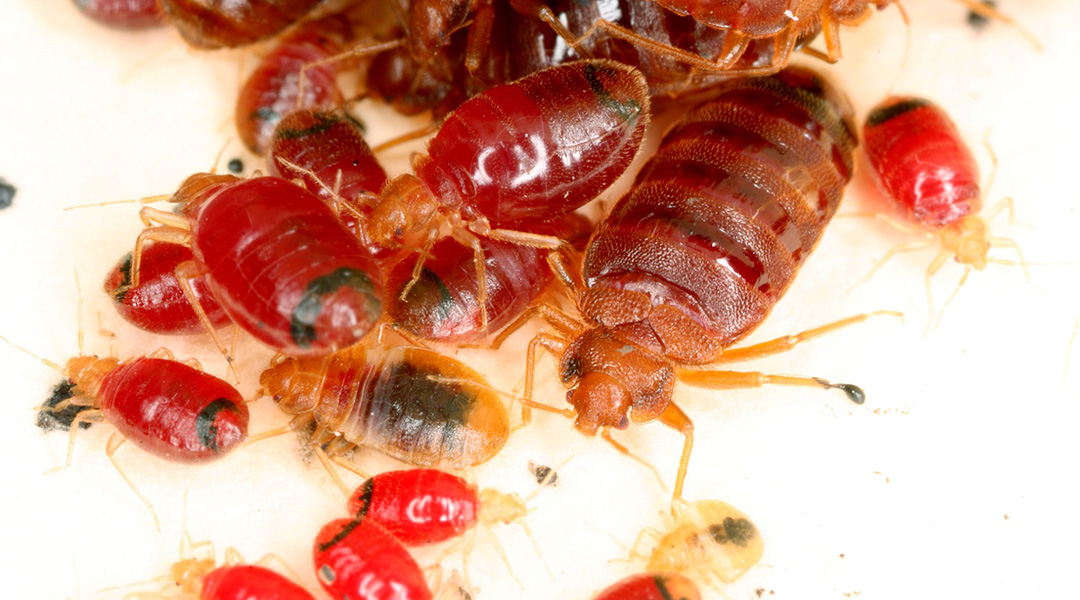
Forensic science may soon harness these blood-sucking pests, analyzing the blood they feed on to link suspects to crime scenes.

People all over the world touch their faces up to 800 times per day—researchers wanted to know why.
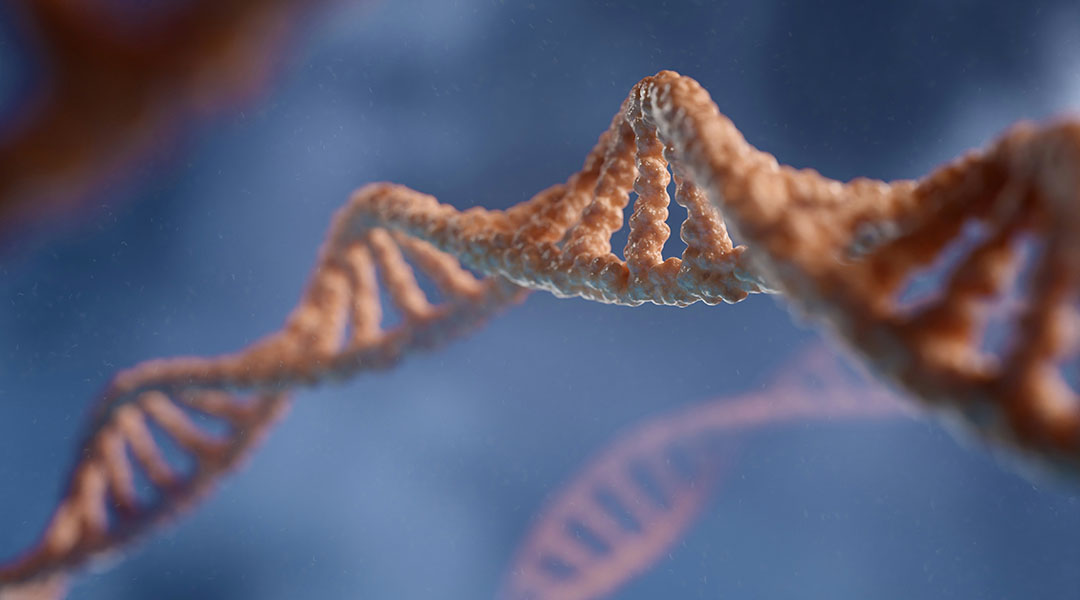
Scientists uncover how the complex interactions between nucleosomes influence DNA’s organization in chromosomes.
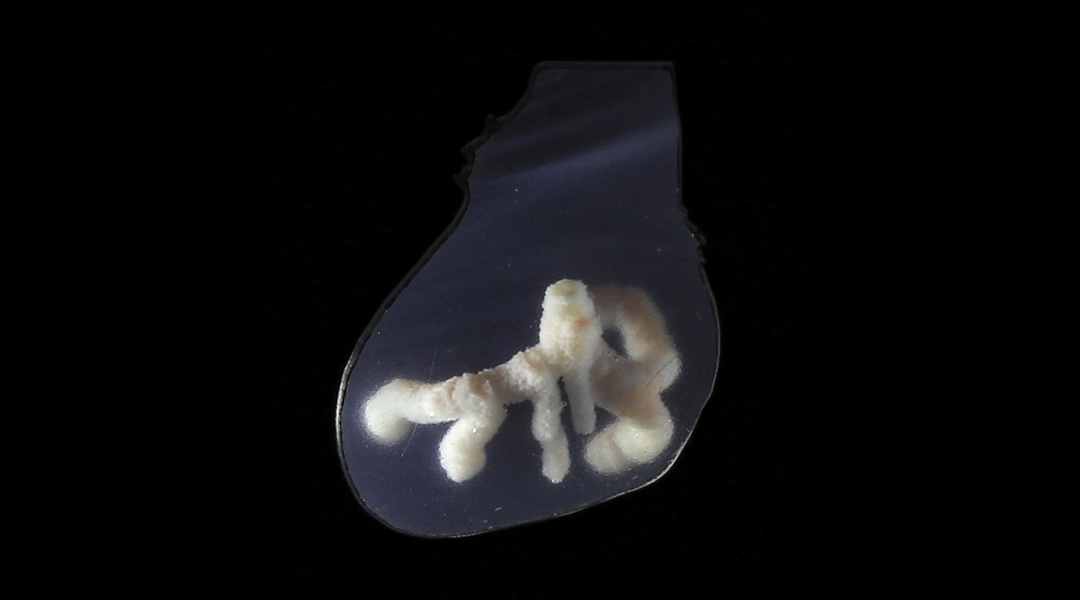
This 3D printing method could make lab-manufactured organ transplants not just a possibility but a viable reality.
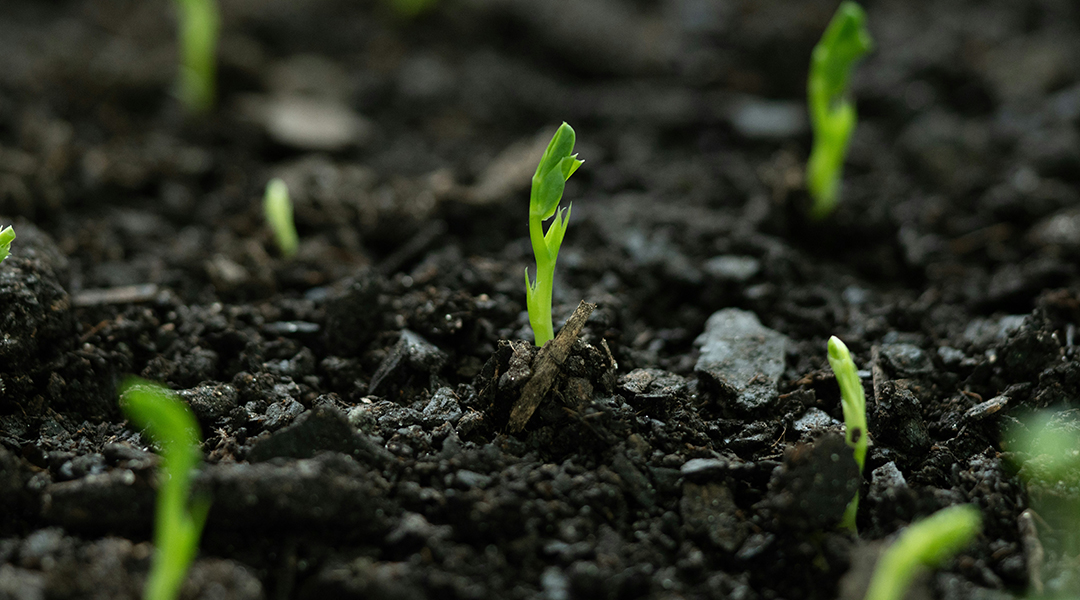
Just like our gut has helpful microbes, so too does the soil around plant roots. But what happens when antibiotics disrupt this balance?